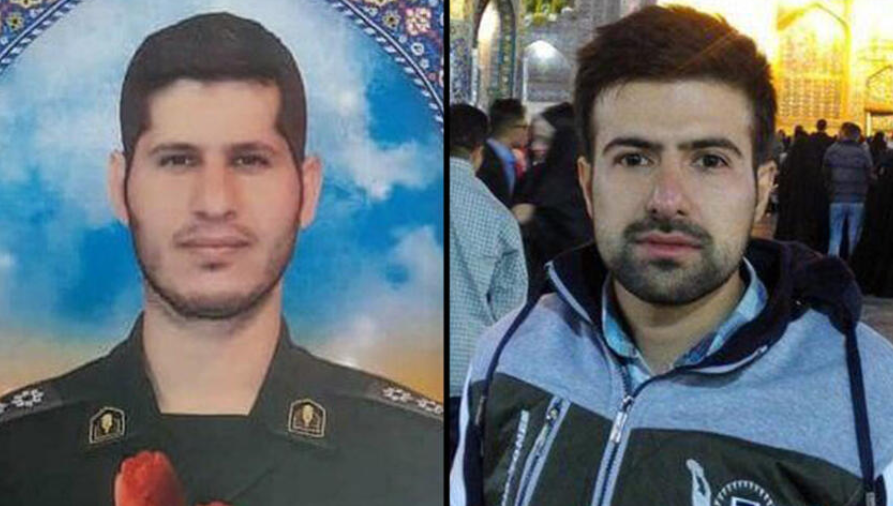
One of the themes to emerge from the handling of COVID-19 is that US sanctions have restricted the availability of pharmaceuticals and medical devices in Iran. The Iranian Foreign Ministry has published a list of items that the country desperately needs and cannot secure due to existing sanctions.
While US authorities continue to insist that there are no sanctions on pharmaceutical exports to Iran, sanctions on banking, insurance, and transportation are severely impeding them. Various studies underline that while Iranian authorities deserve criticism for incompetence, corruption, and poor allocation of hard currency resources, the main impediment to pharmaceutical exports to Iran is external sanctions that regulate financial transactions.
The medical and pharmaceutical sector has diverse stakeholders, including the Ministry of Health and Medical Education (MHME), its subsidiary Iran Health Insurance Organisation (IHIO), the Ministry of Cooperatives, Labour, and Social Welfare (MCLSW), its subsidiary Social Security Organisation (SSO), and various local manufacturing and importing companies, owned mainly by semi-state organisations.
The latter group is dominated by the so-called Setade Ejraiye Farmane Emam (Setad) — Execution of Imam Khomeini’s Order — which owns the massive conglomerate of domestic producers under the brand Barkat. Some of the leading domestic manufacturers are also owned by the state-owned Bank Melli Iran. According to official data, 96% of medical needs are met by domestic manufacture, but specialised medicine and equipment is imported to the tune of about US$2 billion annually. The sector is heavily subsidised at all levels, and there is an enormous potential for corrupt licensing and smuggling.
Interestingly, the existence of corruption and malpractice is not disputed, but so far no one has managed to take effective countermeasures – essentially because too many power centres benefit from these practices themselves. While criticism of the United States for imposing sanctions that have made it very challenging to import pharmaceutical and medical products is warranted, it is also the case that Iranian power structures are to be blamed for shortages and hoarding of products that are urgently needed in the fight against COVID-19.
This excerpt is taken from Iran Strategic Focus, our monthly intelligence report on Iran. Click here to receive a free sample copy.



